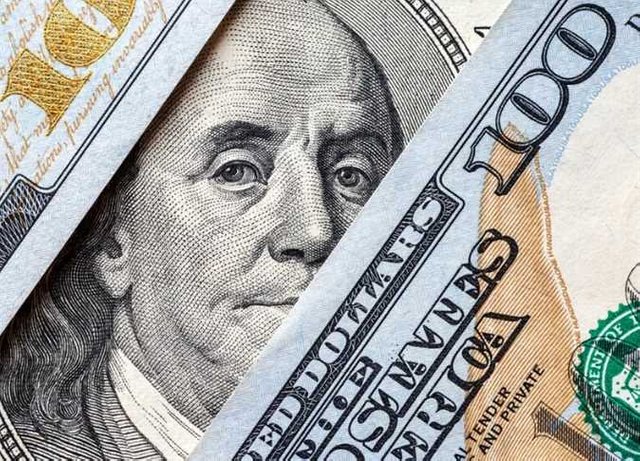
The word "dollar" is a unit of currency that is widely used around the world. It originated in Bohemia, a region in the central Europe, where silver coins called "Joachimsthaler" were minted in the 16th century. Over time, the word "Joachimsthaler" was shortened to "thaler" and eventually became "dollar" in English.
The dollar is a symbol of economic power and stability, and its widespread use makes it an important part of international trade and finance. In the United States, the dollar is the official currency, and it is also used in many other countries, including Canada, Australia, and New Zealand.
The value of the dollar is determined by the laws of supply and demand, and it can fluctuate based on a number of factors, such as economic growth, interest rates, and inflation. For example, if there is a strong demand for goods and services in the United States, the value of the dollar may increase relative to other currencies. On the other hand, if there is a decrease in demand or an increase in the supply of dollars, its value may decrease.
In addition to its role as a unit of currency, the dollar is also used as a benchmark for pricing goods and services globally. Many commodities, such as oil, gold, and other natural resources, are traded in dollars, which makes it an important part of the global economy.
Overall, the meaning of the word "dollar" is complex and multi-faceted. It is a unit of currency that is used around the world, and its value is determined by market forces. The dollar is also a symbol of economic power and stability, and it plays a central role in international trade and finance.